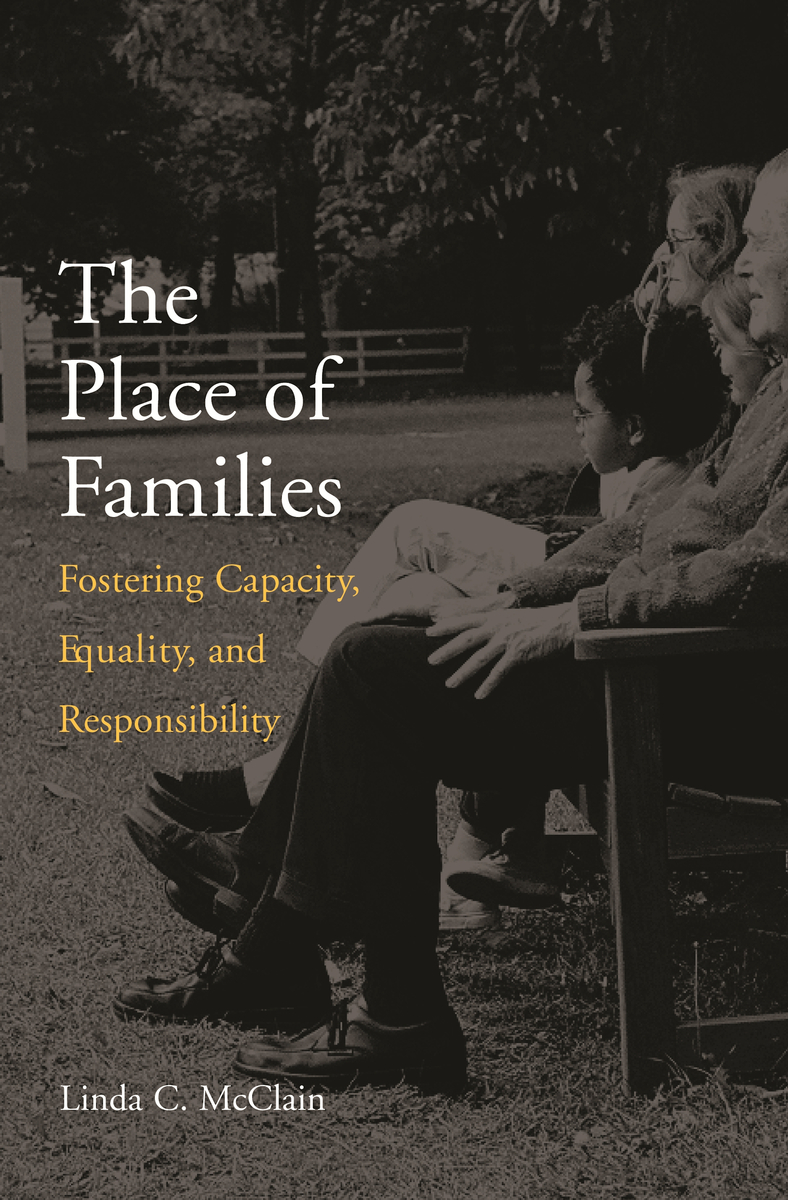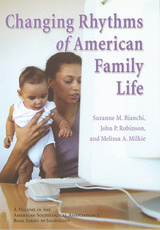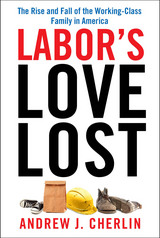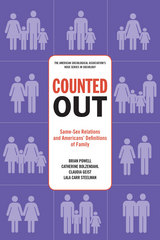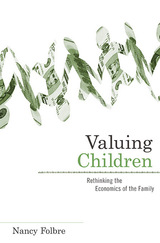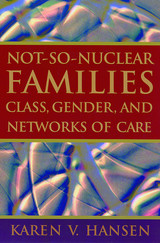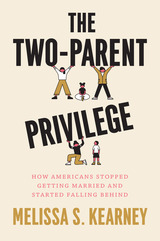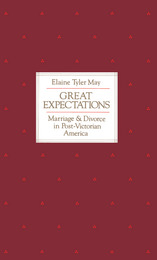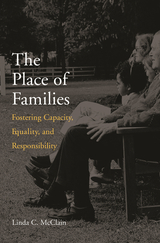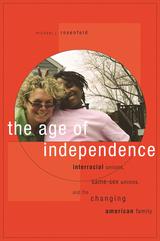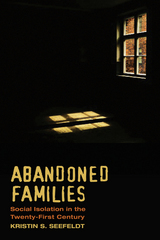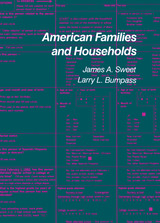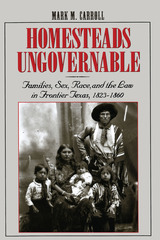In this elegant and tightly reasoned book, Linda McClain argues that the family--though not necessarily traditional marriage--is central to the 'formative project' of fostering key civic virtues: capacity, equality,and responsibility. In a series of different situations she considers what might be an optimal balance among governmental, social, and family responsibilities for shaping good citizens. The Place of Families is sure to influence many heated debates, in courts and legislatures as well as journals, about the complex relationships between families and public life.
-- Martha Fineman, author of The Autonomy Myth: A Theory of Dependency
The Place of Families is the most careful and comprehensive defense to date of the progressive liberal feminist position on the civic role of families. Those who agree with the thesis of this book will find powerful evidence for their case, and those who disagree will have to come to grips with it.
-- William A. Galston, Saul Stern Professor, School of Public Policy, University of Maryland
Linda McClain has written an immensely valuable book that combines philosophical depth with up-to-the-moment policy analysis. Taking on many of the most difficult and contentious issues in family law and public policy today, including same-sex marriage, welfare reform, abortion, and sex education, McClain grounds her discussions in a commitment to both liberalism's respect for individual liberty and feminism's insistence on gender equality. Her meticulous scholarship, even-handed consideration of opposing viewpoints, and clear and accessible writing make The Place of Families a "must read" for anyone interested in the future of American families and family law.
-- Molly Shanley, Professor of Political Science, Vassar College
A most compelling and novel study of the rights and responsibilities of the family, the community of which it is a constitutive part, and the government. A joy for legal scholars and social scientists and many others.
-- Amitai Etzioni, author of The New Golden Rule: Community and Morality in a Democratic Society
For those who were wondering, liberal feminism is alive and well in the adept hands of legal and political theorist, Linda McClain. In this nuanced, persuasively argued, and utterly relevant work, McClain takes up where earlier liberal feminists such as Susan Moller Okin left off by addressing head-on the question of how, in a diverse, liberal polity the state should be involved in securing equality without curtailing individual freedom. In this, she is engaged in no less of a project than constructing the future of liberalism. In this, both the virtues and the potential vices of this future are evident...McClain crafts a liberal feminist framework that goes a long way in balancing these commitments. The power of her framework is evident as she considers an array of some of the most contentious issues in American politics today...The Place of Families is an impressive exercise in political philosophy, legal theory, and present-day politics. In it, McClain moves liberalism forward through critical engagement with the questions and concerns of feminism. The book is essential reading for anyone interested in the theory and practices of families and politics in contemporary liberal democracies.
-- Tamara Metz Politics and Ethics Review
McClain’s argument is a powerful one. Building on Susan Moller Okin’s pathbreaking (1989) insights on gender, justice, and the family, she argues that the good society, if it is to remain liberal, must promote gender equality within families and equality among children irrespective of the family form that brought them into existence...[McClain] seeks to enrich the liberal account by adding a feminist sensibility at a time when conservatives identify feminism at the root of what they see as family decline. She admirably makes the case that the idea of feminist family values need not be either radical or an oxymoron. Instead, she argues that liberal democracies necessarily depend on fostering individual capacity, securing equality, and promoting the circumstances that make acceptance of individual responsibility possible.
-- June Carbone Law & Social Inquiry
